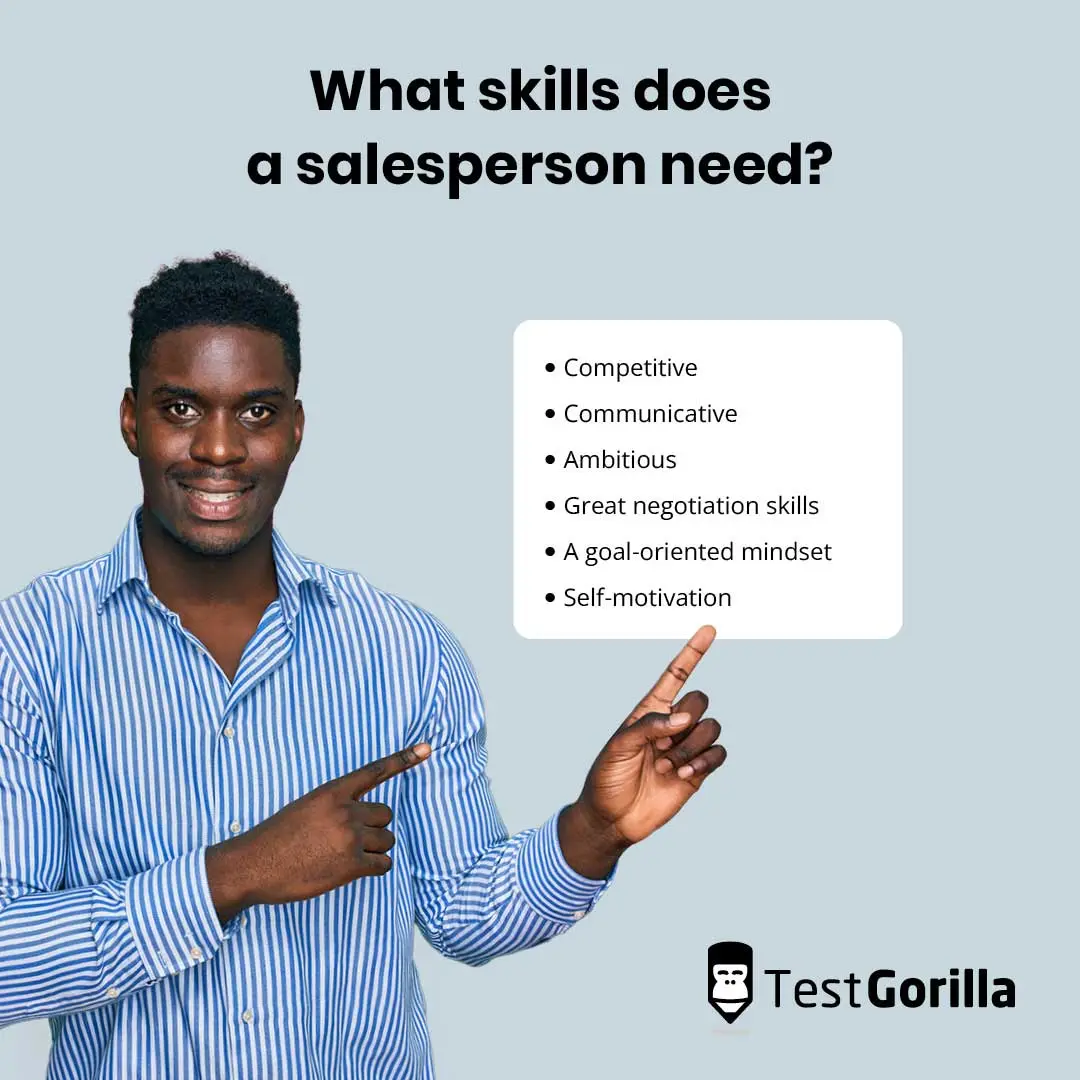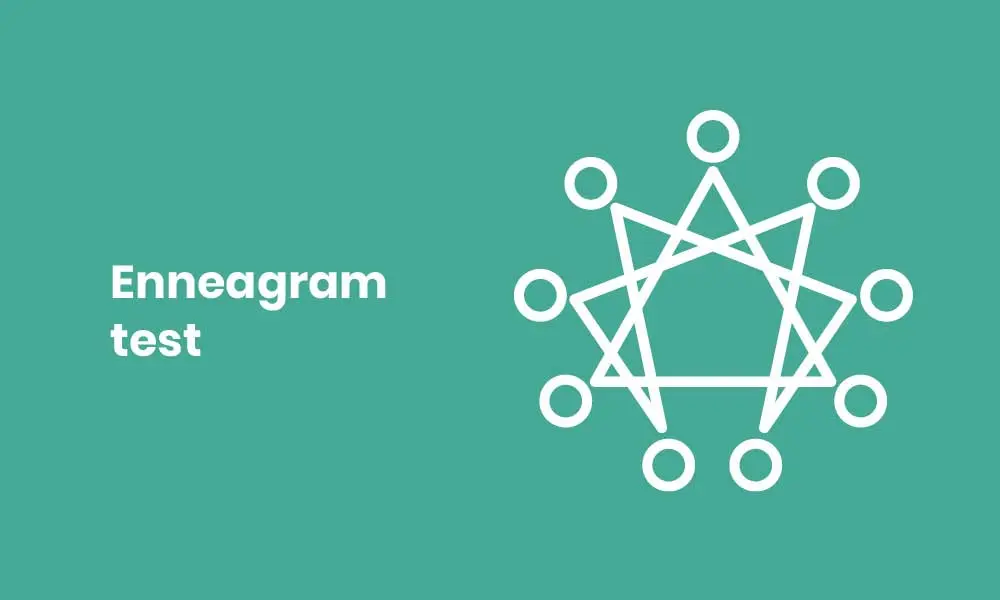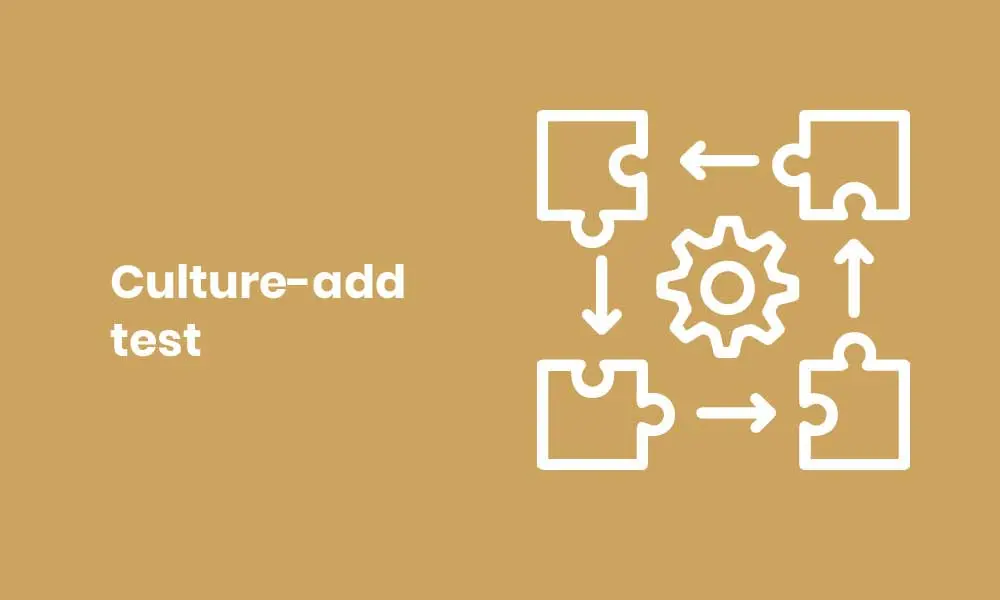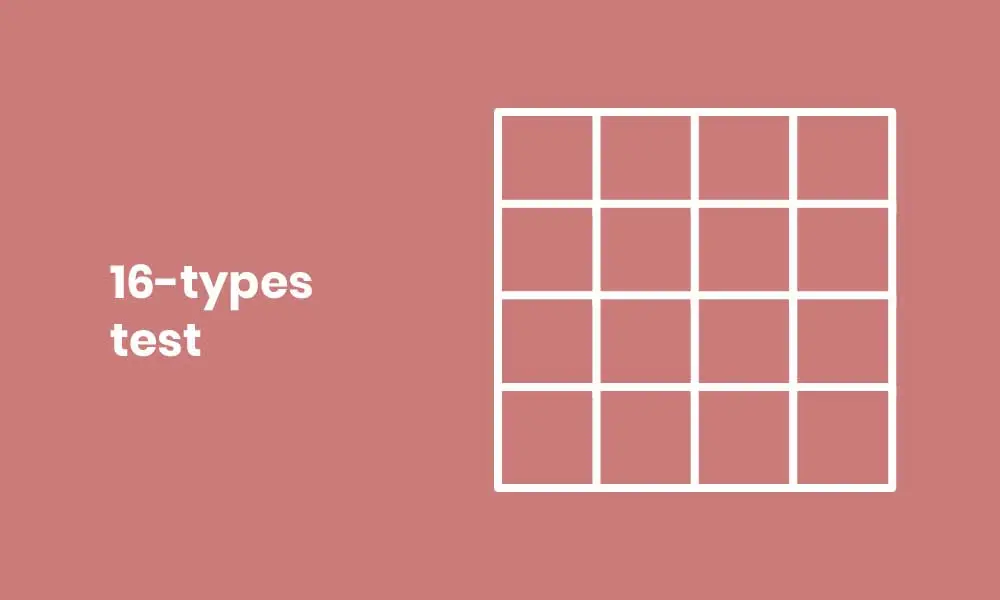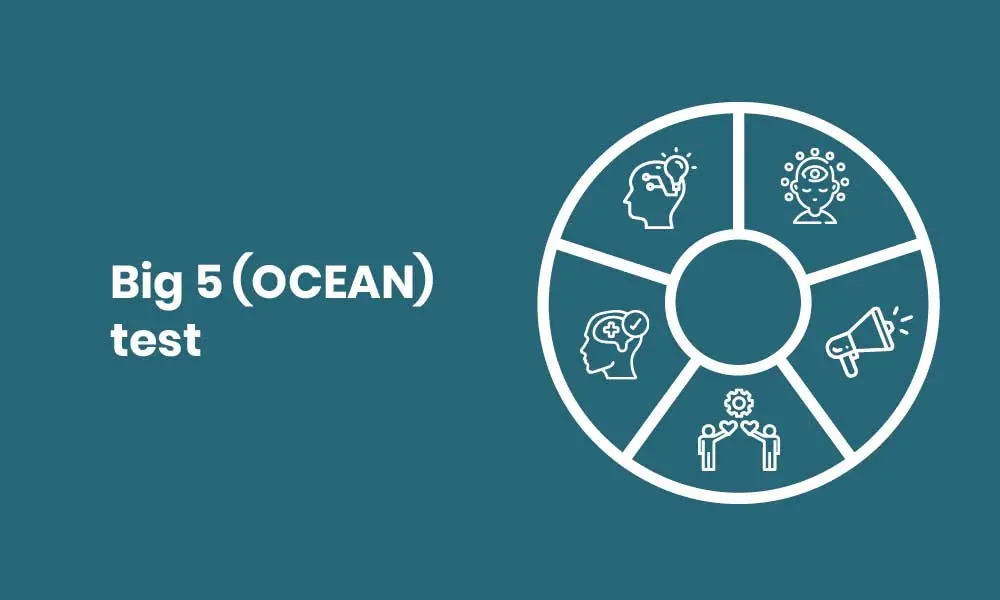Salespeople are essential to every successful business. In today’s market, it’s quite difficult to hire and retain a good salesperson. So it’s imperative that you use effective methods for finding, assessing, evaluating, hiring, and keeping the best salespeople.
However, that’s easier said than done. Many businesses don’t put in the time and effort needed to find the best talent and conduct sales assessment testing, so they hire inexperienced candidates who don’t succeed in the role.
Companies can also struggle with understanding the perspectives and motivations of their salespeople and how to best work with them. As a result, the salespeople may become disengaged and even leave the company.
One way to overcome these challenges is by using personality tests when hiring salespeople.
If you need to hire for roles involving sales, personality testing will help your business immensely. The test results will provide valuable information about who the candidate is and how to work with them to make the most of their abilities and keep them in your organization.
In this article, we will introduce you to the best personality tests that you can use to vet, assess, and hire great salespeople. But first, we’ll start by going over the skills a salesperson should possess.
Table of contents
What skills does a salesperson need?
No matter the sales role an employee has or the industry they work in, they should have a set of specific skills that qualifies them to be a salesperson:
Competitive. A great salesperson is highly competitive when it comes to their work. They take charge of the sales process and always push themselves to close deals with clients. Additionally, they won’t get easily discouraged if they fail to make a deal.
Communicative. No matter how good your product or service is, you still need someone who can present it in the best possible way. A salesperson must be a great communicator who can listen to clients’ needs, handle objections, and explain the best features of a product or service in detail.
Ambitious. A great salesperson is highly ambitious. They pay close attention to their KPIs and push through until they succeed.
Great negotiation skills. Sales is also about negotiating a deal that benefits both the client and the organization. A great salesperson understands this concept and negotiates the terms to create a win-win situation.
A goal-oriented mindset. Studies have found that goal-setting improves workers’ performance by 12% to 15%, even without financial incentives. The best salespeople set challenging goals for themselves and don’t stop until they meet their target. They’re determined to succeed and achieve their goals and objectives.
Self-motivation. A salesperson should be a self-starter and push themselves to reach their targets and goals.
The best personality tests for sales teams
The following five tests will provide the biggest return on investment when it comes to evaluating your salespeople’s personalities:
1. Enneagram test
The Enneagram test maps out nine different personalities on a diagram. All nine points of the diagram represent different core beliefs, motivations, and worldviews.
The nine points of the Enneagram represent the following types:
Type 1 – the Reformer
Type 3 – the Achiever
Type 5 – the Investigator
Type 6 – the Loyalist
Type 7 – the Enthusiast
Type 9 – the Peacemaker
A person operating from one point on the diagram has a different worldview and behaviors from one operating from another point.
The Enneagram test will help you to better understand your salespeople and how they might act in various situations.
2. Culture-add test
No matter how skilled a salesperson is, they still need to integrate into your organization and sales culture. A salesperson who is perfect for one company and culture might be completely out of place in another organization.
It’s essential that you ensure that the salesperson’s values match your company’s. According to research by Qualitrics, 46% of employees in the US and UK said they were considering leaving their business because it didn’t adequately represent their values.
That’s why you should give your sales candidates a Culture Add test. A strong culture isn’t about having ping-pong tables but rather how every employee behaves in the workplace, even when no one is watching. Therefore, it’s crucial to hire salespeople whose values align with those of your business.
3. 16-types test
The 16 Types test will help you understand how sales candidates process information, interact with others, and make decisions in the workplace. Once you understand these preferences, you can determine how to better work with these candidates and come up with more specific talking points for interviews.
The test evaluates candidates on four dimensions:
Introversion (I) versus extroversion (E)
Intuition (N) versus sensing (S)
Feeling (F) versus thinking (T)
Judging (J) versus perceiving (P)
The various combinations of these traits form the framework for the 16 personality types. This means that a person is likely to behave in a specific way if they are an INTP or ESFJ, for example.
4. Big 5 (OCEAN) test
The Big 5 (OCEAN) personality test is based on the Five-Factor Model on personality, which evaluates candidates on the five dimensions of personality. They are:
Openness
Conscientiousness
Extroversion
Agreeableness
Emotional stability
The test measures each of these traits, showing you where on the continuum the candidate falls. If a person is high in openness, they will be inventive and curious; if they’re low in openness, they’ll be more cautious and risk-averse.
You can use the results of the Big 5 test to gain insight into your applicants’ personality traits, strengths, and areas of improvement.
5. DISC test
The DISC test will help you evaluate how sales candidates express their emotions. It classifies their behavior into four dimensions:
Dominance (D)
Influence (I)
Steadiness (S)
Conscientiousness (C)
The test presents candidates with 48 statements, which they need to score from 1 (very inaccurate) to 5 (very accurate).
The results categorize applicants’ behavior into either one of the four behavior types or a combination of a given type and one of its adjacent types. This means that there are a total of 12 possible outcomes (four main behavioral types and eight combinations of two types).
Candidates who are primarily a D are outspoken, see the bigger picture, and are more demanding.
Those who are primarily an I are open, optimistic, and energetic.
Applicants who are primarily an S are calm, dependable, and loyal.
People who are primarily a C are accurate, independent, and analytical.
Use a personality test for sales applicants to understand them better
Gain a deeper understanding of your sales applicants and how to interact with them in the workplace by giving them the best personality tests for sales.
Start using skills-based, data-driven hiring to evaluate your candidates, and hire a strong sales team. You can create a free account with TestGorilla or sign up for a live demo to learn more.
Related posts
Hire the best candidates with TestGorilla
Create pre-employment assessments in minutes to screen candidates, save time, and hire the best talent.
Latest posts
The best advice in pre-employment testing, in your inbox.
No spam. Unsubscribe at any time.

Hire the best. No bias. No stress.
Our screening tests identify the best candidates and make your hiring decisions faster, easier, and bias-free.
Free resources
This checklist covers key features you should look for when choosing a skills testing platform
This resource will help you develop an onboarding checklist for new hires.
How to assess your candidates' attention to detail.
Learn how to get human resources certified through HRCI or SHRM.
Learn how you can improve the level of talent at your company.
Learn how CapitalT reduced hiring bias with online skills assessments.
Learn how to make the resume process more efficient and more effective.
Improve your hiring strategy with these 7 critical recruitment metrics.
Learn how Sukhi decreased time spent reviewing resumes by 83%!
Hire more efficiently with these hacks that 99% of recruiters aren't using.
Make a business case for diversity and inclusion initiatives with this data.

